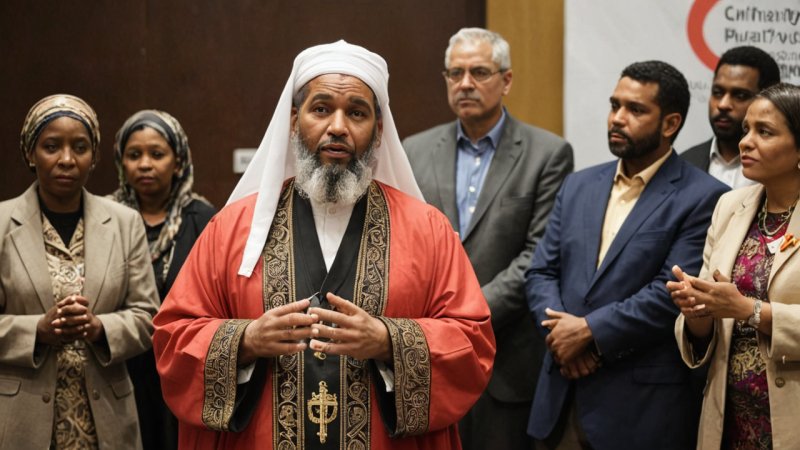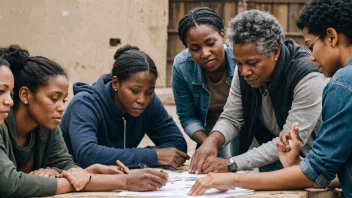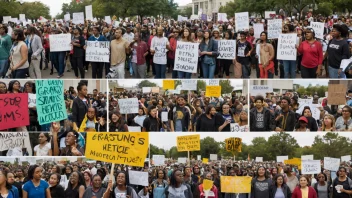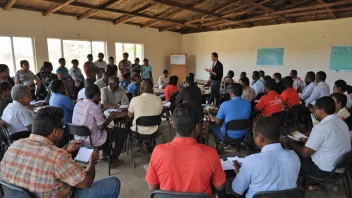Faith-based organizations (FBOs) have emerged as essential contributors to humanitarian action across the globe. Rooted in the beliefs and values of diverse religious traditions, these organizations harness spiritual motivation to address critical social issues. From alleviating poverty to providing disaster relief, FBOs exemplify how faith can inspire meaningful humanitarian efforts.
One of the defining features of FBOs is their deep commitment to service. Many religious teachings emphasize the importance of helping others, which compels followers to engage in community service and humanitarian aid. This intrinsic motivation often translates into tangible actions, such as organizing food drives, offering medical assistance, and providing shelter to the homeless. By aligning their missions with spiritual principles, FBOs attract dedicated volunteers who are passionate about making a difference.
FBOs are particularly effective in reaching vulnerable populations. Their local presence and understanding of community dynamics enable them to identify those in need quickly. For instance, during natural disasters, FBOs often mobilize rapidly, providing immediate relief such as food, water, and medical care. They also play a crucial role in recovery efforts, supporting communities as they rebuild their lives and infrastructure.
Moreover, FBOs frequently address the root causes of social issues, such as poverty and inequality. Many organizations run educational programs, vocational training, and health initiatives that empower individuals to break the cycle of poverty. By integrating faith with practical support, these organizations foster holistic development, enabling communities to thrive.
Collaboration is another hallmark of FBOs. Many seek partnerships with secular organizations to maximize their impact. By combining resources and expertise, FBOs can implement more comprehensive programs that address complex issues. For example, in response to the global refugee crisis, FBOs often work alongside international agencies to provide holistic support to displaced individuals, including legal assistance, mental health services, and community integration programs.
Despite their strengths, FBOs also face challenges. The diverse nature of religious beliefs can sometimes lead to misunderstandings or conflicts within communities. It is crucial for FBOs to navigate these complexities sensitively, ensuring their work is inclusive and respectful of all faiths. Additionally, FBOs must balance their religious motivations with humanitarian principles, prioritizing the needs of those they serve above any agenda.
As individuals, we can support the efforts of FBOs in various ways. Volunteering our time, sharing information about their initiatives, and participating in community service are all valuable contributions. By engaging with FBOs, we can help amplify their impact and promote a culture of compassion and service in our communities.
In summary, faith-based organizations play a significant role in humanitarian action globally. Their commitment to service, ability to reach vulnerable populations, and focus on holistic development make them invaluable partners in addressing social issues. By recognizing and supporting their efforts, we can foster a more just and compassionate world, grounded in the shared values of humanity.
How Faith Inspires Humanitarian Action Globally
Faith-based organizations (FBOs) are pivotal in global humanitarian efforts, driven by spiritual motivation to address pressing social issues.






